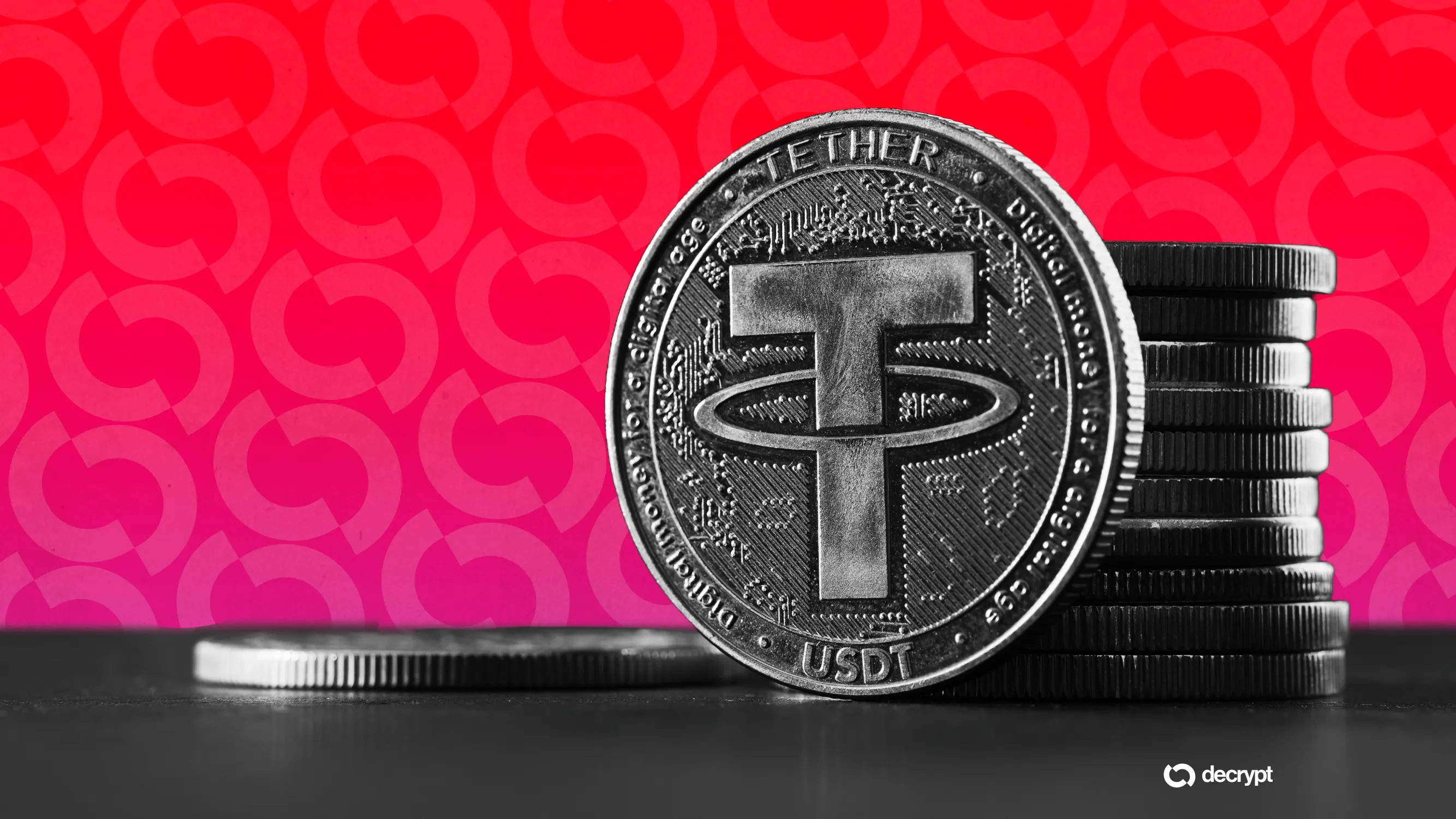In brief
- Alabama securities regulators recovered over $125,000 in crypto assets for two residents who lost nearly $580,000 total to "pig butchering" romance scams.
- The scams involved victims being convinced to invest in fraudulent trading platforms over several months.
- Pig butchering scams accounted for 33.2% of the $9.9 billion in global crypto fraud in 2024, with criminals now conducting shorter cons to target more victims.
Alabama securities regulators have seized more than $125,000 in crypto assets for two residents who fell victim to elaborate "pig butchering" scams that collectively cost them nearly $580,000.
The Alabama Securities Commission recovered $53,227.81 for a Baldwin County resident who lost approximately $185,000, and $73,927.68 for an Etowah County victim who was defrauded of $395,000 in separate schemes that began on dating apps and messaging platforms earlier this year, as per a Friday statement.
Pig butchering scams have emerged as the fastest-growing form of crypto fraud, exploiting both the anonymity of digital assets and victims' emotions through carefully orchestrated romance schemes.
The scams have become increasingly sophisticated as criminals leverage crypto's irreversible transactions and cross-border capabilities to steal billions from unsuspecting Americans.

‘Pig Butchering’ Crypto Romance Scams Up 85 Times Since 2020
Crypto activity linked to “pig butchering” romance scams is 85 times higher than it was in 2020, with revenue doubling from 2022 to 2023, according to a new report from Chainalysis. Romance scams grew over this period even as the total value sent to scams fell, the report found. Ponzi schemes in particular fell in volume, which the report’s authors linked to the 2023 bear market and high-profile investigations deterring the public. Pig butchering scams involve the use of social engineering to bu...
In the Baldwin County case, the victim met her suspected scammer through the Bumble dating app.
Over three months, she was convinced to purchase and transfer over $185,000 in crypto to what appeared to be a legitimate trading platform. But it was actually a wallet controlled by the criminal.
When she tried to withdraw funds after being told her investment had grown to over $443,000, she was asked to send additional crypto to pay supposed taxes—a common red flag that prompted her to contact authorities.
The Etowah County victim encountered their scammer through a WhatsApp advertisement and was persuaded to invest $395,310 in a fraudulent platform falsely claiming association with Charles Schwab and SEC registration.
Financial services firm Wells Fargo Advisors reported suspicious activity when the victim attempted large withdrawals for crypto investing.
"The ASC continues to see an increase in cryptocurrency fraud, including 'Pig Butchering,'" said ASC Director Amanda Senn. "Most cyber crimes originate overseas and the transactions are instant, making it nearly impossible to apprehend the criminals or recover funds."
Federal authorities have stepped up enforcement against the infrastructure enabling these scams.
In March, the U.S. Treasury sanctioned Philippine-based Funnull Technology Inc. and its Chinese administrator Liu Lizhi for facilitating pig butchering and other crypto fraud schemes that defrauded Americans of more than $200 million.

AI Deepfakes Drove 40% of High-Value Crypto Fraud Last Year: Report
AI-generated deepfake impersonations of government officials, billionaires, and celebrities accounted for 40% of “high-value frauds” in 2024, a Bitget report revealed. That same year, $4.6 billion in crypto was lost to scams, a 24% increase from the previous year, Bitget's Anti-Scam Report 2025—co-authored with Slowmist and Elliptic—found. “Crypto scams have entered a new era—driven by AI deepfakes, social engineering, and deceptive project fronts,” the report said. “Scams now exploit trust and...
The ASC has urged immediate reporting of suspected fraud, emphasizing that delays dramatically reduce recovery chances.
Cypto scams recorded at least $9.9 billion globally in 2024, with pig butchering accounting for 33.2% of all scam revenue, as per Chainalysis's February Crypto Crime Report.
While pig butchering revenue grew nearly 40% in 2024, the number of deposits surged 210% year-over-year, with average deposit amounts declining 55%, suggesting criminals are conducting shorter cons to expand their victim pools rather than the traditional months-long relationship building.
Edited by Stacy Elliott.




